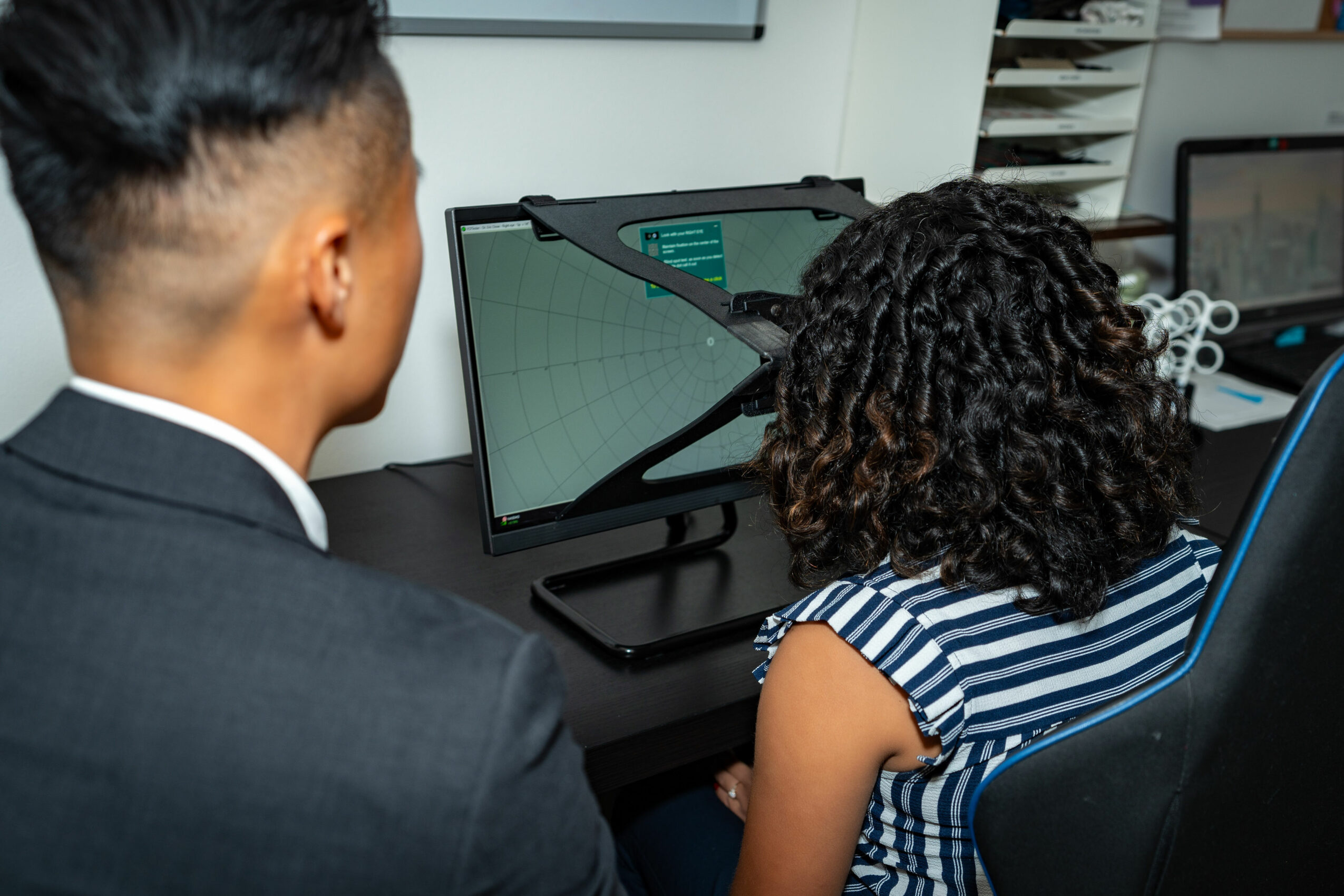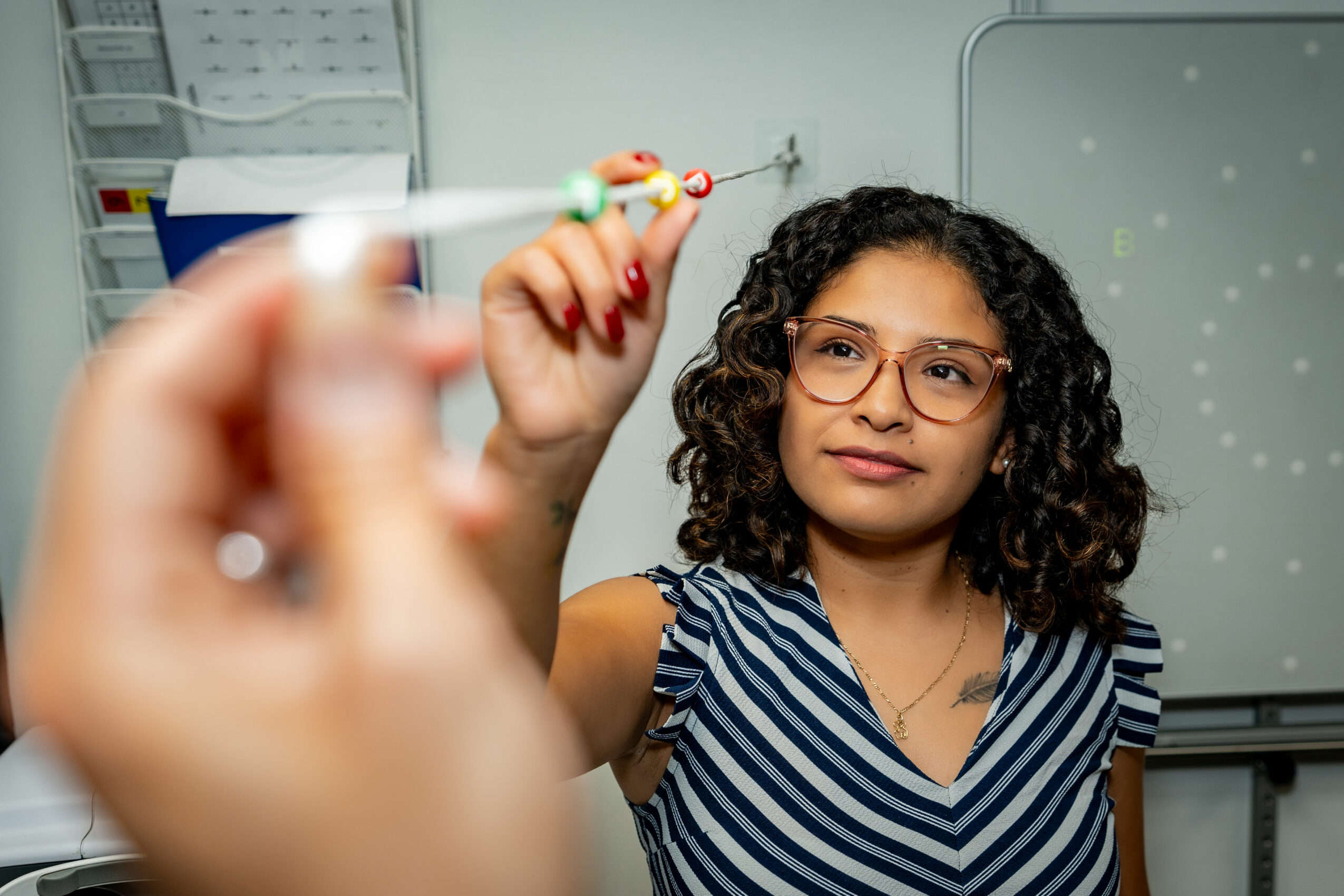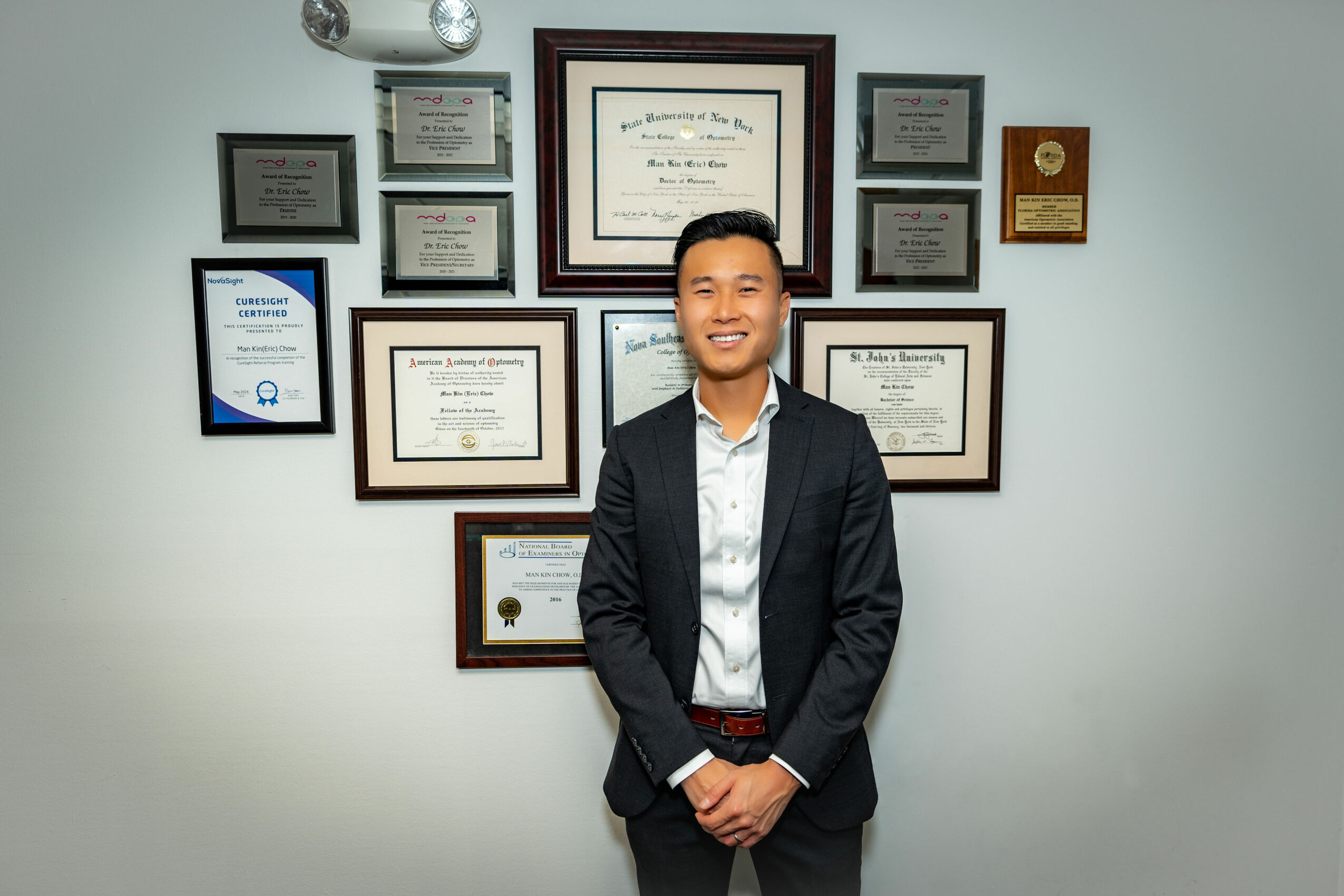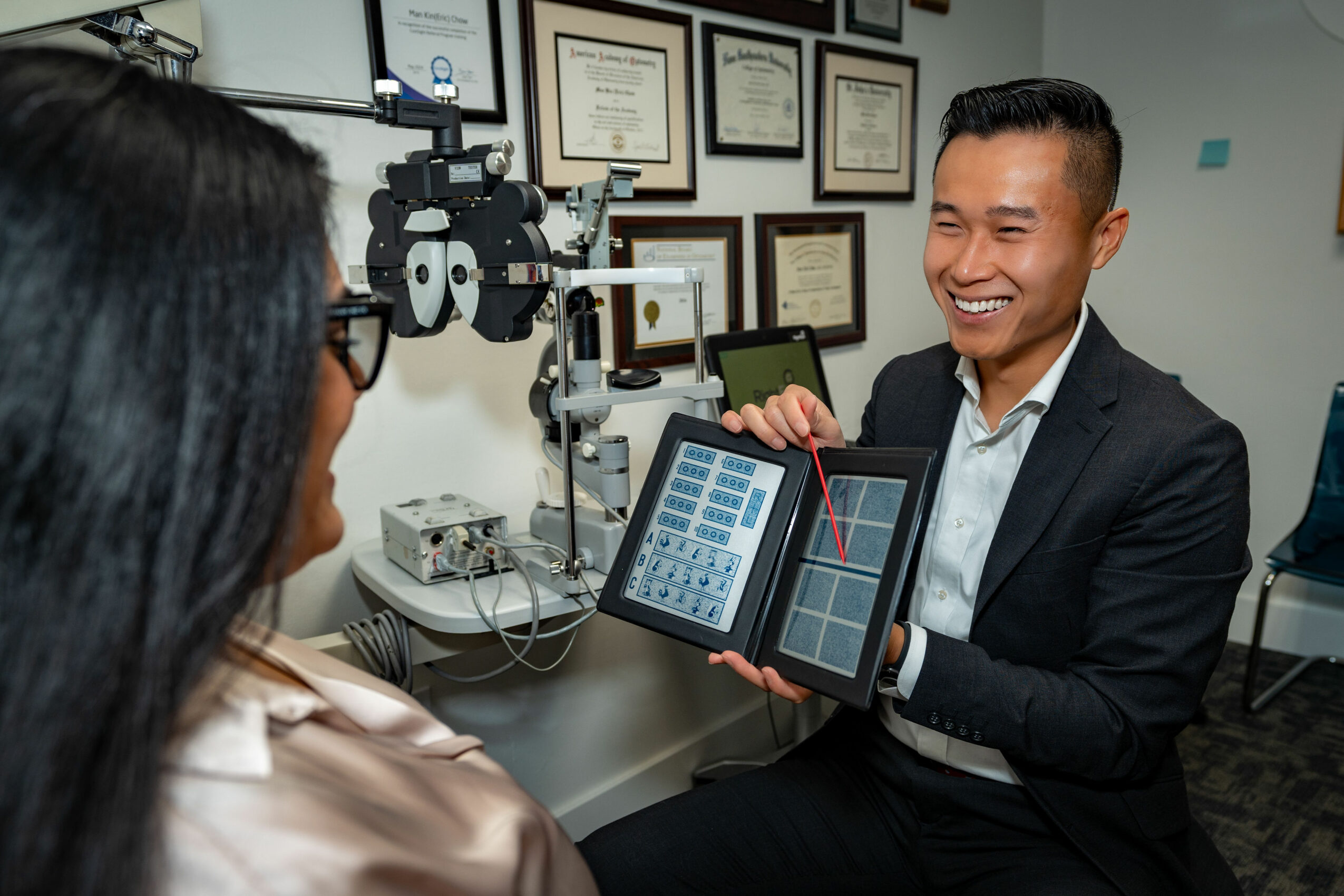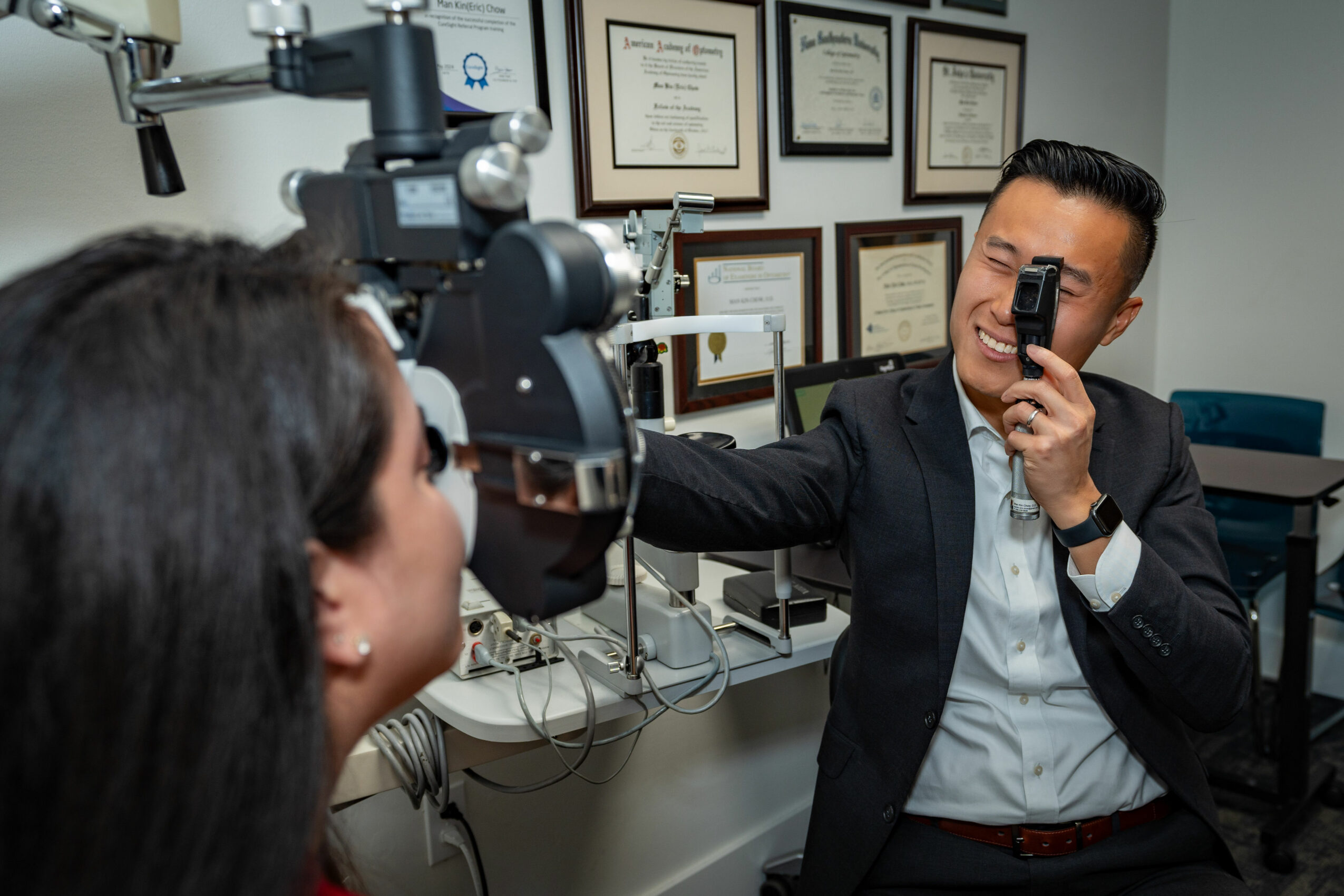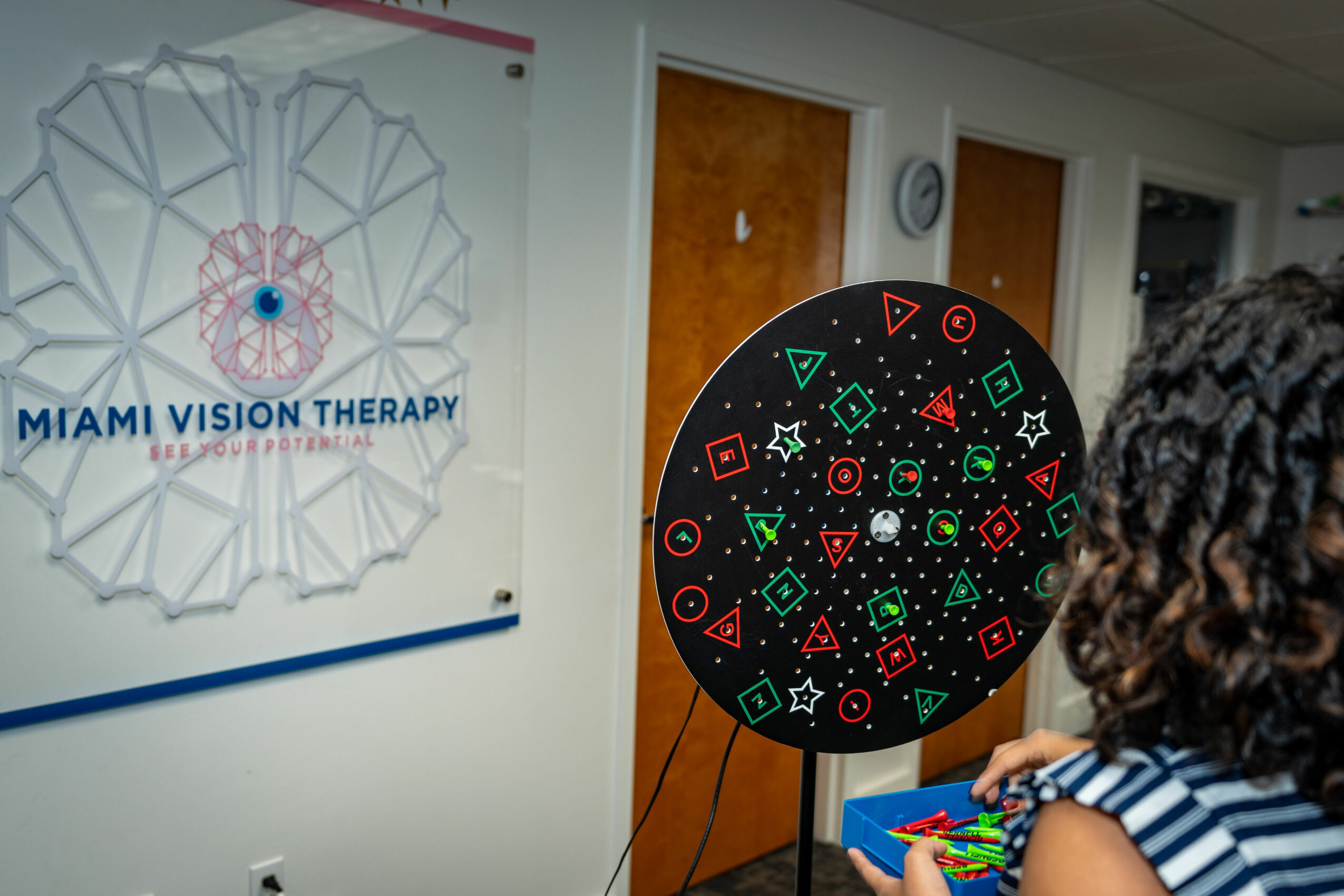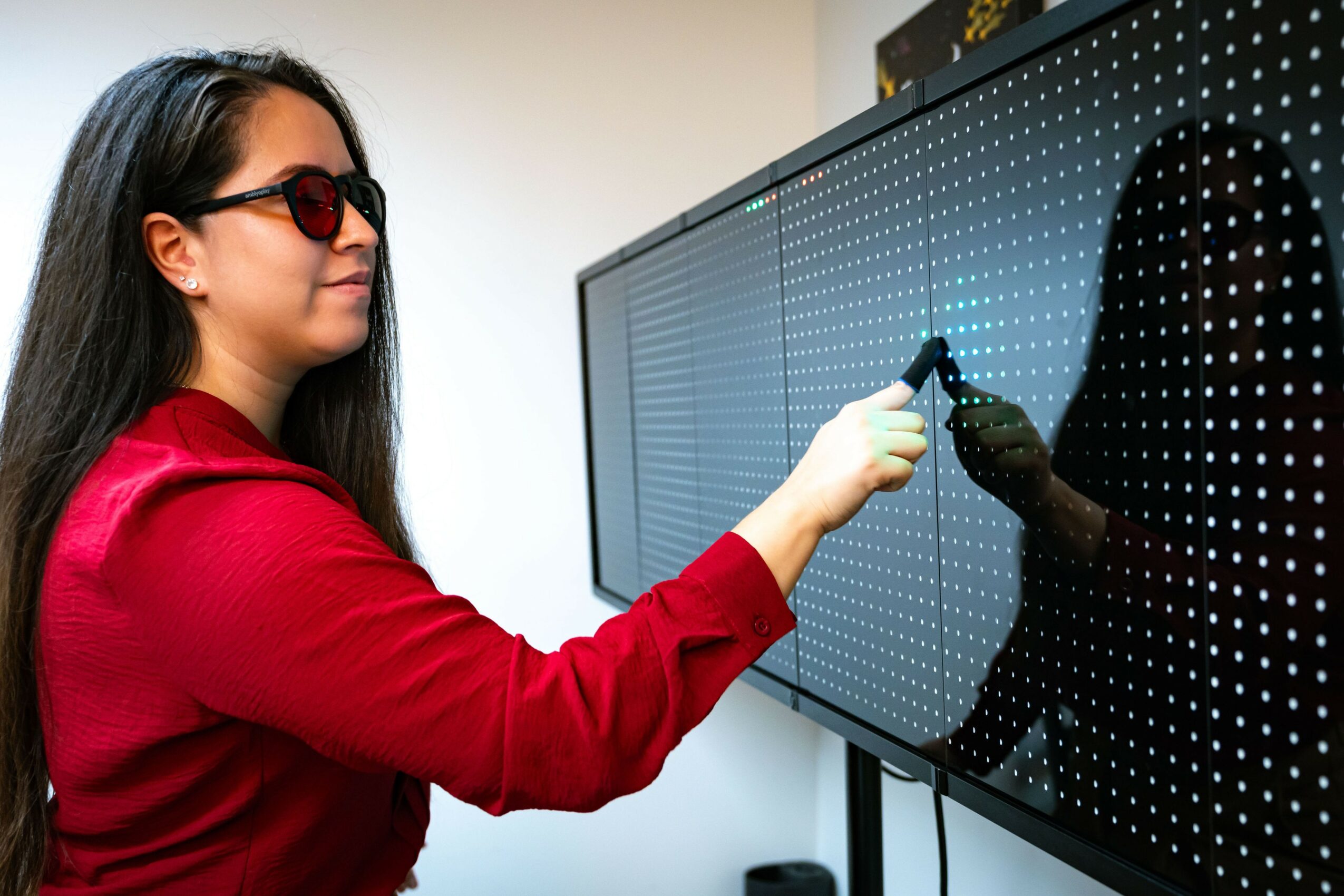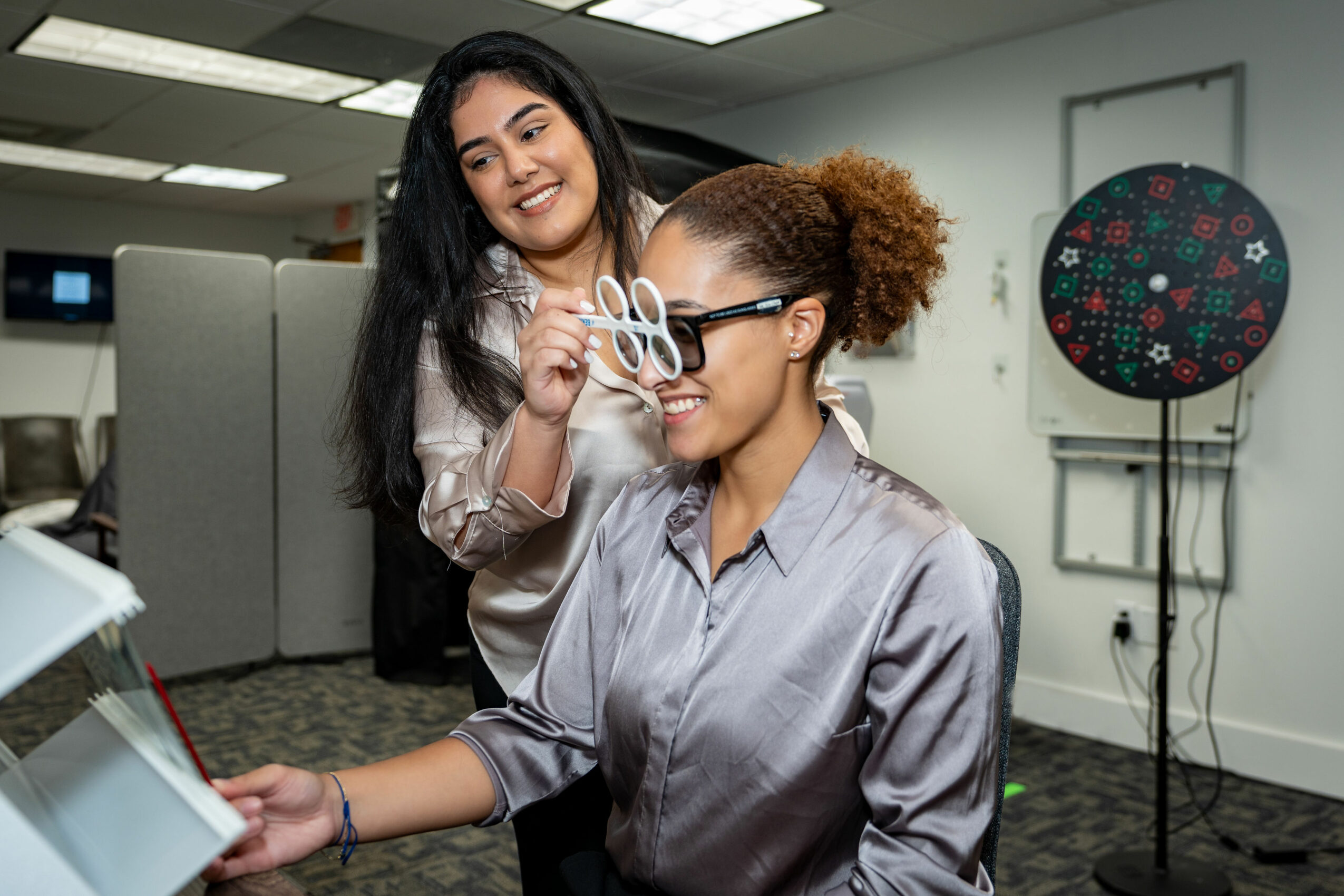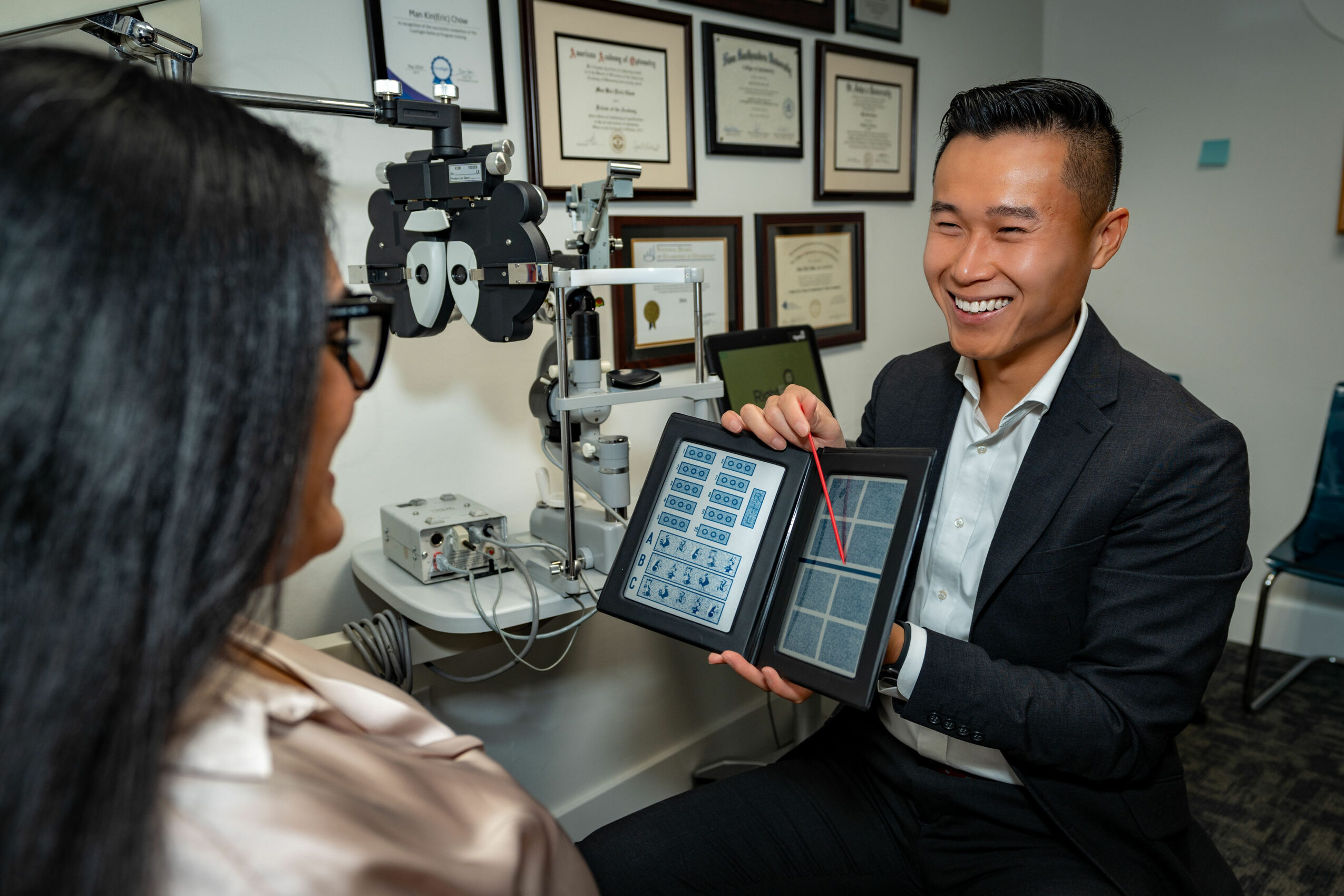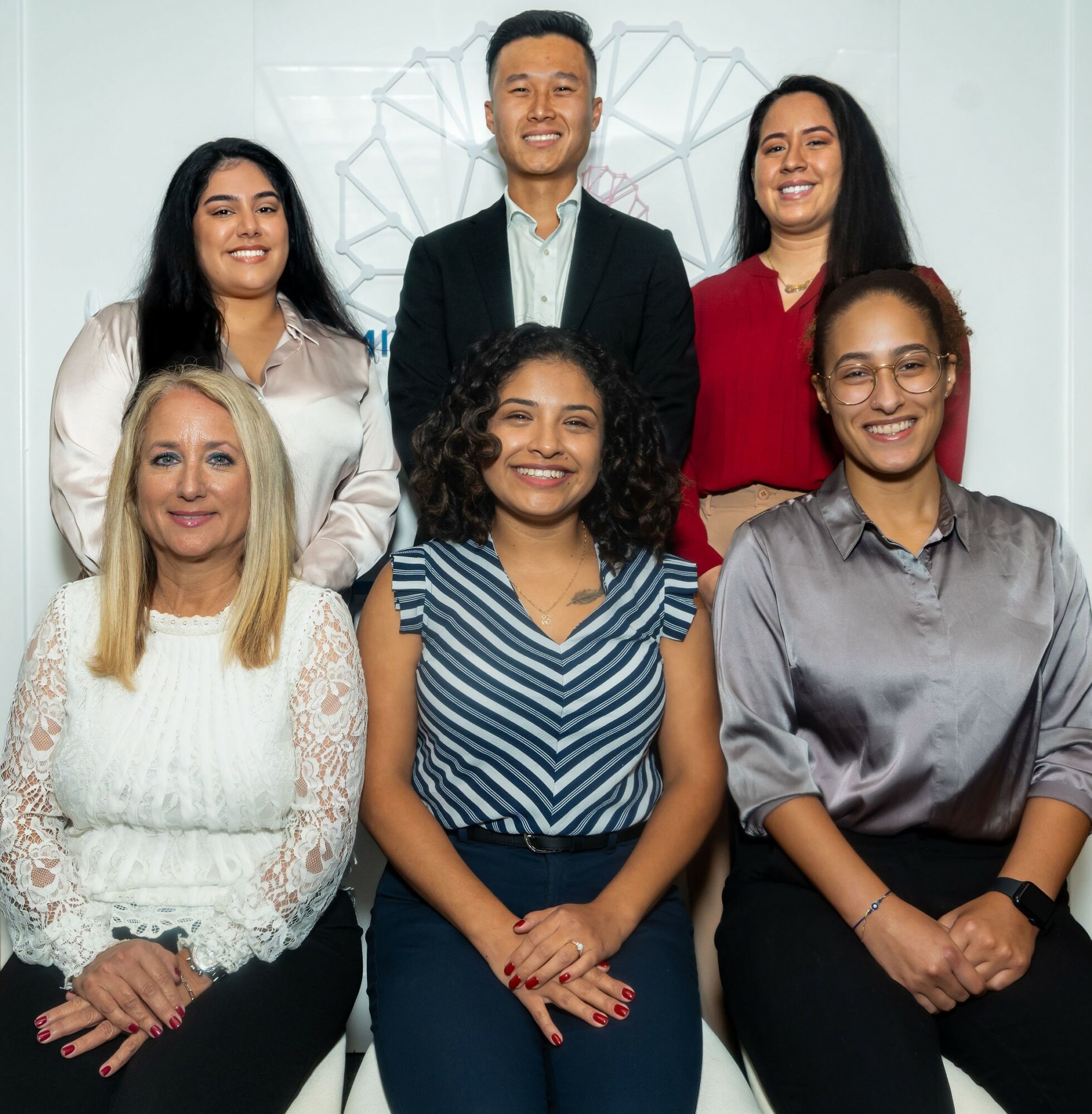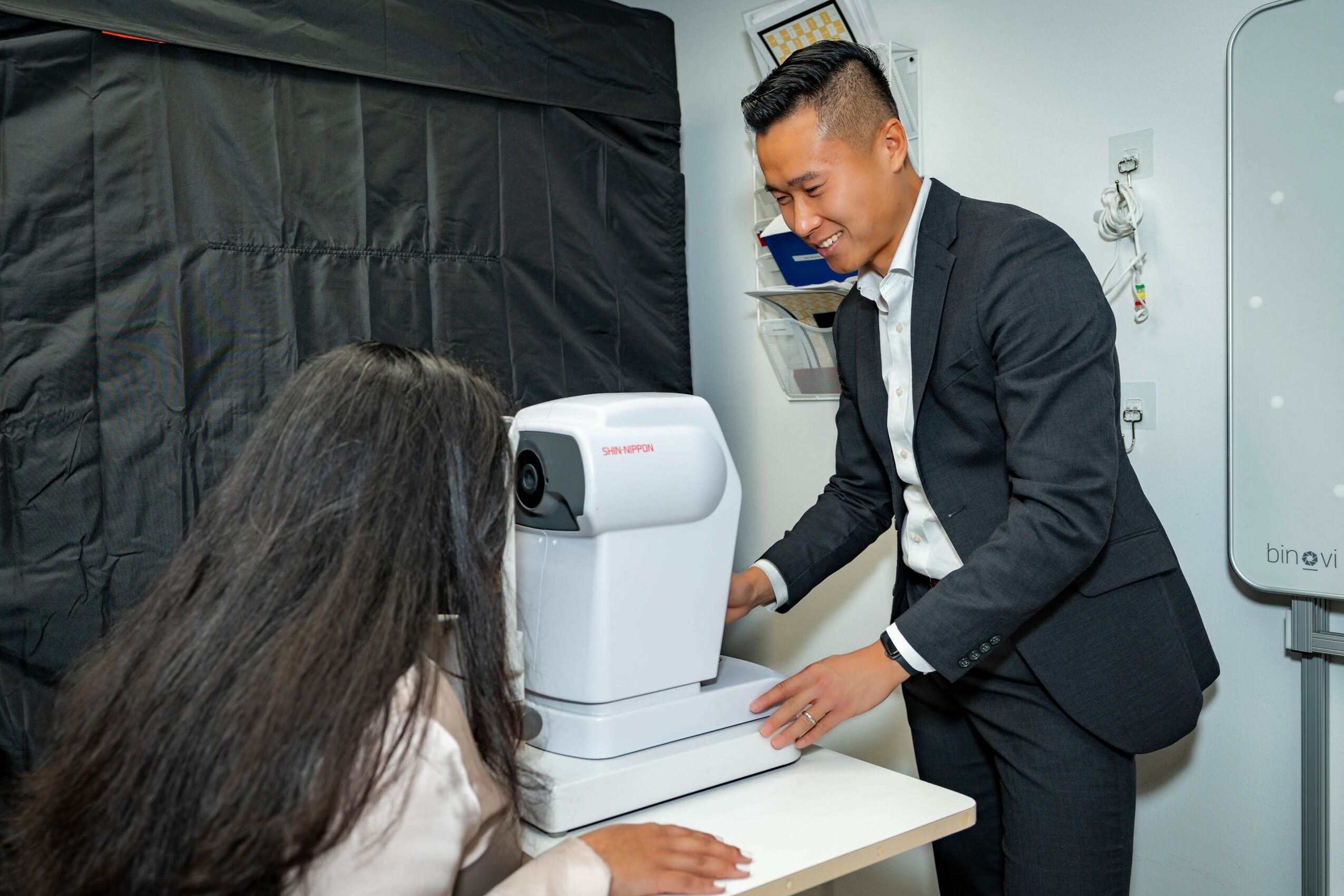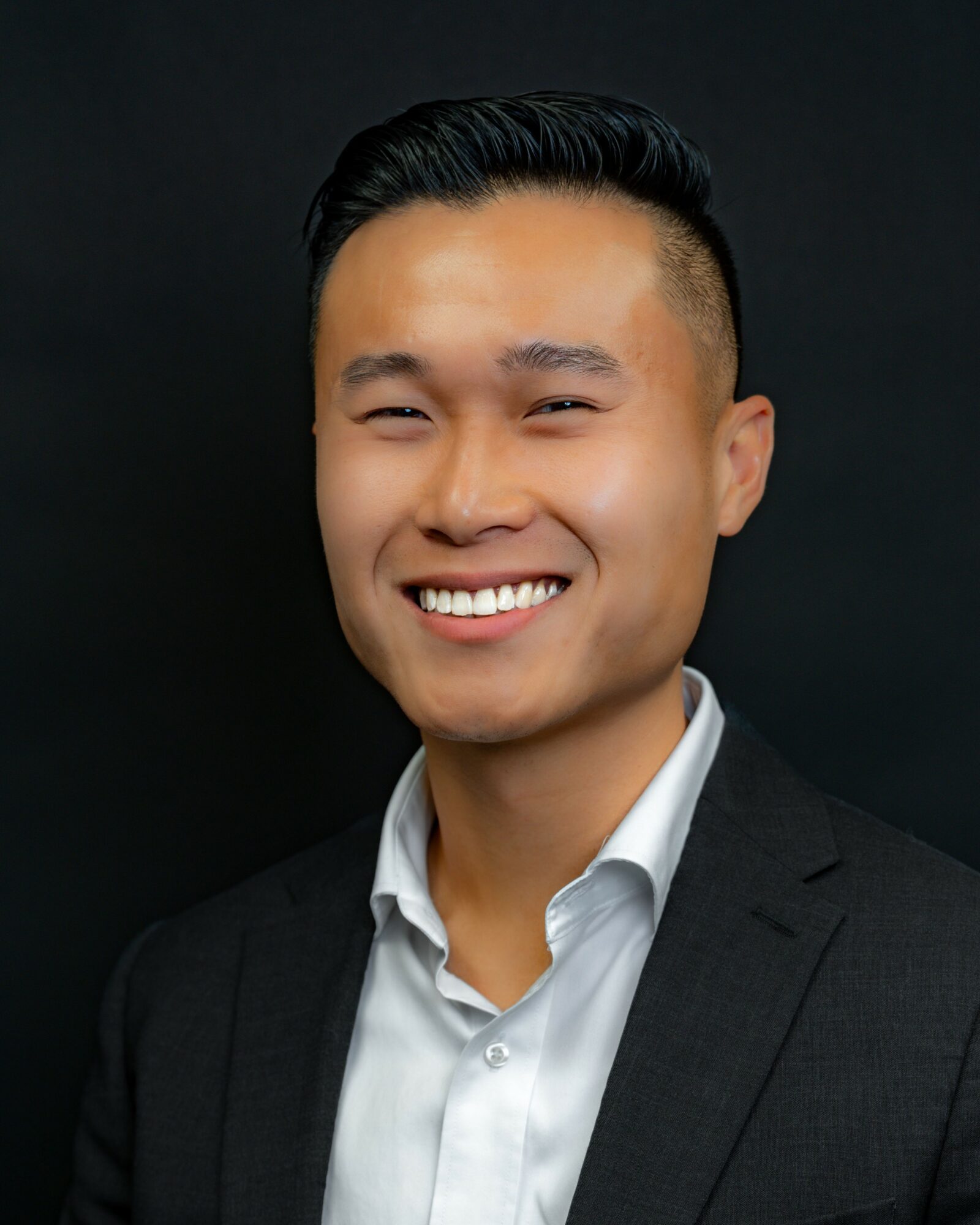

Today we’d like to introduce you to Eric Chow
Hi Eric, so excited to have you with us today. What can you tell us about your story?
I was born in Hong Kong, and when I was six, my family moved to Queens, New York City. I started wearing glasses when I was about eight, and I always loved going to the eye doctor because every visit meant my eyesight got a little better!
My interest in vision therapy started in my second year of optometry school. We were learning how to use a slit lamp, a microscope that lets you see the eyes in super high definition. To my surprise, when I gave it a try, I saw double. No matter how much I adjusted the binoculars, tweaked the light settings, or changed my distance from the eyepieces, I kept seeing two images. I’d always had “perfect vision,” so where was this coming from?! I got referred to the binocular vision clinic at my school, where they diagnosed me with convergence excess, a binocular vision issue where your eyes tend to turn inward when looking at things up close. I went through a vision therapy program, and “magically” (a term some of my patients use), my double vision disappeared!
Since then, I’ve been on a mission to raise awareness about binocular vision disorders—among the public, fellow eye care professionals, and doctors who may encounter patients with these issues. Vision therapy is backed by evidence-based science, and it’s an incredibly valuable treatment for those struggling with conditions that affect how their eyes work together as a team.
I’m sure it wasn’t obstacle-free, but would you say the journey has been fairly smooth so far?
Running a small business has its challenges, but as both a doctor and a business owner, my main focus is making sure my patients feel heard, respected, and receive the best, science-backed treatment options available. I love what I do, and my team shares that same passion for providing top-notch care. Staying up-to-date with the latest research and technologies is a priority for me, especially when it comes to improving care in pediatric eye health and treating binocular vision dysfunctions.
One of our biggest challenges is the lack of meaningful insurance coverage for vision therapy, which leaves us out of network. It’s disheartening when someone is referred to us but chooses not to proceed because their insurance doesn’t cover the cost. I believe the solution lies in raising awareness among medical and insurance panels about the proven benefits of vision therapy, so that one day it will receive the recognition it deserves—similar to occupational, physical, and speech therapies. The skepticism surrounding vision therapy and claims that there’s no supporting research are unsubstantiated and ultimately harm patients who could greatly benefit from this care. If any readers are passionate about advocating for children’s health, education, or related causes and have ideas for raising awareness, I’d love to connect!
Appreciate you sharing that. What should we know about Miami Vision Therapy?
At Miami Vision Therapy, we welcome patients of all ages, from infants to seniors, and specialize in the diagnosis, treatment, and management of binocular vision and visual processing disorders. The most common conditions we treat include amblyopia (lazy eye), strabismus (eye misalignment), oculomotor dysfunction (eye tracking issues), binocular vision dysfunction (eye teaming problems), post-concussion vision syndrome, and progressive myopia (worsening nearsightedness). We offer comprehensive functional eye exams and personalized vision therapy programs to address each patient’s unique needs. Our team consists of highly skilled and compassionate individuals dedicated to providing exceptional care to every individual who walks through our doors.
Our office mission is: “We empower individuals to see their potential by enhancing visual function through personalized evidence-based vision therapy, enriching their quality of life and advancing the science of functional vision care.”
If there is one thing I want people to understand, that is that vision is more than just achieving 20/20 eyesight, which simply measures how small you can see at a distance of 20 feet. If you have 20/20 vision but still experience visual discomfort or challenges, we invite you to visit Miami Vision Therapy or consult a functional optometrist near you!
Any big plans?
I’m passionate about expanding the definition of visual impairment. Here in Florida, the current criteria mostly focus on things like visual acuity and visual field limitations, such as legal blindness or severe loss of central or peripheral vision. The problem is, this narrow view overlooks conditions like amblyopia, binocular vision dysfunction, and post-traumatic vision issues—conditions that can greatly impact how a person functions. As a result, kids who don’t fit the current definition miss out on crucial accommodations, which can seriously affect their school performance, daily life, and overall well-being.
My goal is to collaborate with advocates—legislators, educators, and other professionals—to broaden the definition of visual impairment so that individuals with these types of vision challenges can access vision therapy. This could mean pushing for policy changes to improve vision care for children. If you’re reading this and share the same mission, please reach out!
Contact Info:
- Website: https://www.miamivt.com
- Instagram: https://www.instagram.com/miamivisiontherapy/
- Facebook: https://www.facebook.com/miamivt/
